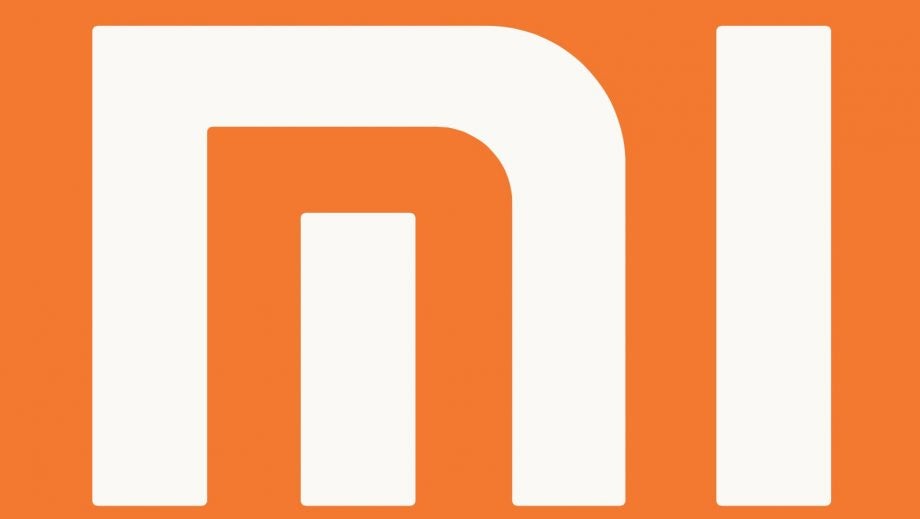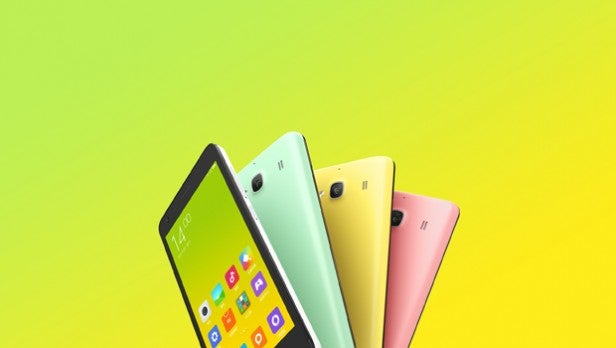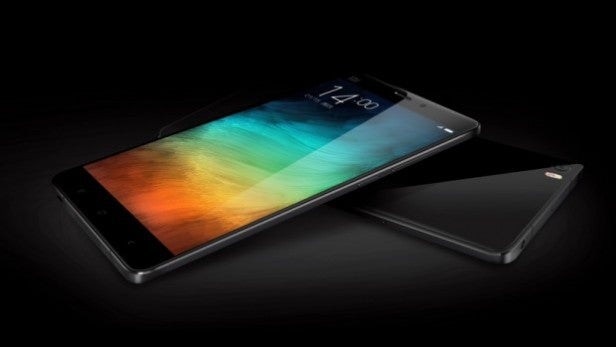Xiaomi in the UK: Is the Apple of China set to take over the world?

The Xiaomi Mii Store will open its online doors this week. While it won’t be selling any of its smartphones just yet, here’s why it’s a big deal.
One of the things that Apple and Samsung have in common is a fear of emerging super-brands from China, and none is more fearsome than Xiaomi.
Now, the so-called Apple of China is finally set to start selling its goods online in the west, and we can finally see if the brand’s appeal translates beyond its home country’s vast borders.
So just what is Xiaomi, and what are the company’s prospects here in the west?
A meteoric rise
Xiaomi (pronounced Shao-mee) is a Beijing-based smartphone manufacturer founded in mid 2010 by entrepreneur Lei Jun. It only released its first smartphone in August 2011.
Despite this, Xiaomi is already the world’s third largest smartphone manufacturer, overtaking the likes of LG and domestic rival Lenovo to the position towards the end of 2014.
This fact is all the more startling when you consider the fact that Xiaomi doesn’t even sell it phones outside of a limited slice of Asia.
SEE ALSO: iPhone 6 vs Samsung Galaxy S6: In-depth review

Domestic affairs
By far Xiaomi’s biggest market is its native China, but it has expanded its business to seven additional countries.
Besides China, these include Taiwan, Hong Kong, Singapore, Malaysia, Philippines, India and Indonesia.
While its reach is extremely limited compared to global operators like Apple and Samsung, this steady local focus in rapidly emerging markets has paid off handsomely.
Last year, Xiaomi claims to have sold a staggering 61.12 million phones. It expects to sell 100 million handsets this year as it expands into more territories.

Cutting out the middle man
So what does Xiaomi offer that’s so special? The company’s trick is that it isn’t actually a hardware company at all – it’s a software and services company.
While its phones are actually very stylish and capable – a far cry from the outdated ‘cheap and nasty’ view some still have of Chinese smartphone hardware – Xiaomi manages to sell them at close to cost price.
Combined with the fact that it sells direct to its customers through its website, it’s able to to keep its prices extremely competitive.
Its latest high-end phone, the Xiaomi Mi Note (pictured above), has a design and specs that directly rival the iPhone 6 Plus, yet it sold for almost a third of the price (2,299 yuan, or around £236) at launch.
The company makes its money through other purchases on its extensive website. These include accessories for its phones, as well as apps and other mobile software.

Problems taking over the world
If you think that Xiaomi is posed to take over the world and knock Apple and Samsung from their perches, you may be jumping the gun a little.
The Chinese company faces a whole bunch of problems in bringing its particular brand to the rest of the world.
For one thing, most of us in the west still get our phones through traditional means. That means going into a physical network operator shop and signing up to receive a phone on a subsidised contract. This wouldn’t play with Xiaomi’s highly controlled, online-only approach.
For a sign of how an online-only smartphone from a large brand would fare, just Look at Google and its Nexus brand. It’s first few stock Android phones failed to sell in any great numbers, forcing the company to finally buddy up with the network operators for the Nexus 6.
Also, Xiaomi’s too-cool-for-school lack of marketing budget won’t wash in the west, where the billions spent by Samsung and Apple on advertising have left many an established smaller manufacturer squeezed out of the public consciousness – and hence the market. HTC and Nokia fans will tell you something about that.
There’s also the small matter of Xiaomi’s penchant for ‘borrowing’ ideas and its related lack of patent clout. It unashamedly lifts a great deal of its product design approach from Apple in particular, both in terms of its hardware and its MIUI UI software, which could be summed up (rather crudely I admit) as an iOS-themed Android launcher.
Seriously, if you thought that Samsung had taken some liberties with Cupertino products over the years, it’s nothing compared to Xiaomi.
This may be permitted to stand in eastern territories, but you have to wonder whether the legal response will be more robust once the likes of the Xiaomi Mi4 hit US and European markets.
SEE ALSO: Best cheap mobile phones
Cautious start
This explains why Xiaomi appears so cautious to make the leap west despite its phenomenal domestic growth and success.
That’s also why the company isn’t launching an all-out assault on the US, UK, and European markets with this latest news.
While Xiaomi will be offering goods in western markets, it won’t actually be selling any phones to start with.
“For the 1st time ever, fans in US, UK, France and Germany can shop on mi.com (beta test) and purchase star accessories like the 5000mAh and 10400mAh Mi power banks, Mi Band and Mi Headphones!” the company announced on its Facebook page.
And we’re talking “very limited quantities” at that.
Xiaomi is cautiously assessing the strength of its brand here in the west. If it has success with these minor items, then it can consider offering its smartphones.
Is Xiaomi set to take over the world, then? Possibly, but if so it will probably be a slow, cautiously-fought war in stark contrast with the blitzkrieg tactics that won it a home advantage.


